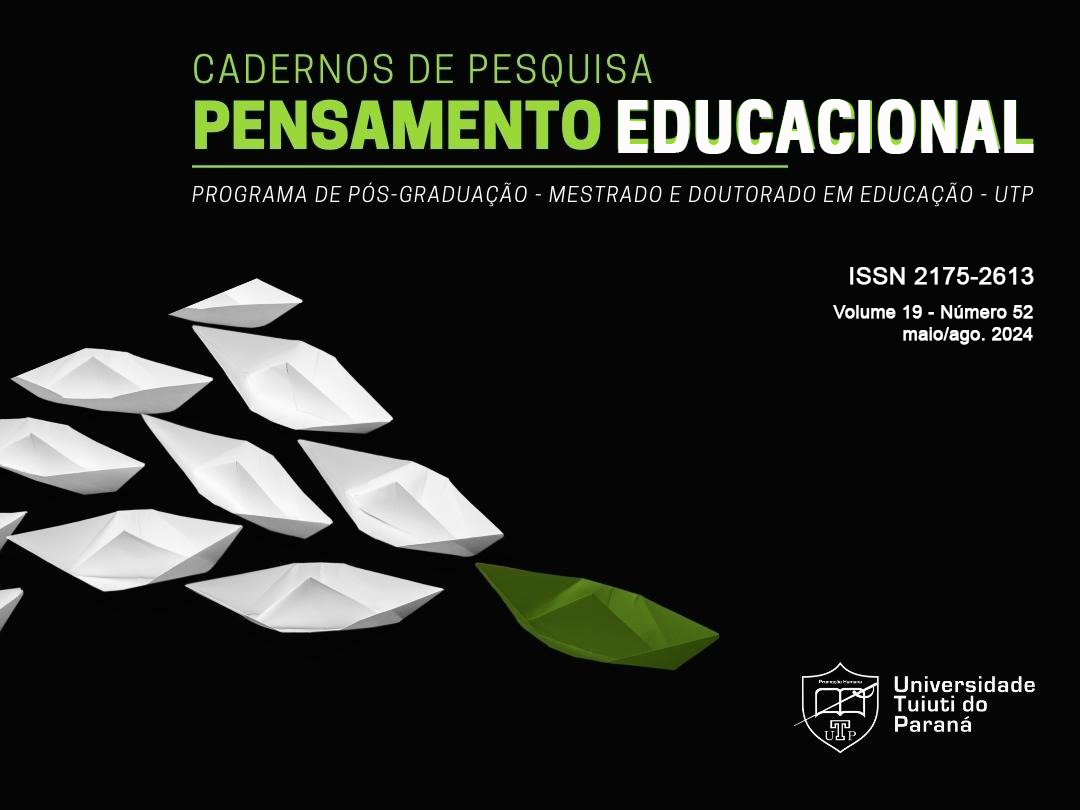Los cuidados de niños, niñas y adolescentes de poblaciones rurales de comunidades bilingües en el uso de redes sociales: miradas e implicaciones interseccionales
Resumo
En la era digital actual, el uso de redes sociales se ha convertido en una parte integral de la vida cotidiana de niños, niñas y adolescentes en todo el mundo. Sin embargo, el acceso y la utilización de estas plataformas pueden presentar desafíos únicos y significativos, especialmente para aquellos que viven en comunidades rurales bilingües. En estas poblaciones, factores como la limitada infraestructura tecnológica, barreras lingüísticas y culturales y la falta de programas educativos específicos pueden influir en la experiencia de niños, niñas y adolescentes en el entorno digital, generando procesos de exclusión social. Asimismo, la intersección de factores como el género, la etnicidad, la clase y la ubicación geográfica puede crear una dinámica compleja que afecta la manera en que niños, niñas y adolescentes navegan y experimentan el mundo digital. Este escrito tiene como objetivo explorar y comprender, en los desarrollos académicos actuales, los riesgos específicos asociados con el uso de redes sociales entre niños, niñas y adolescentes de comunidades rurales bilingües. La idea es propiciar un ambiente de reflexión crítica que, a través de una perspectiva interseccional, identifique las diferencias en la percepción de riesgos para niños, niñas y adolescentes rurales bilingües y las estrategias de afrontamiento y mitigación necesarias para los entornos parentales, escolares y comunitarios.
Entendemos que la falta de cuidados específicos para estos agentes sociales es también una forma de exclusión.
Palabras clave: Educación rural. Cultura digital. Seguridad digital. Intersectorialidad.
Copyright (c) 2024 Alicia Eugenia Olmos, Alicia Eugenia Olmos, Marcelo Adrián Vitarelli, María Cristina Martínez Pineda

This work is licensed under a Creative Commons Attribution-NonCommercial 4.0 International License.
- Autores mantém os direitos autorais e concedem à revista o direito de primeira publicação, com o trabalho simultaneamente licenciado sob a Licença Creative Commons* que permite o compartilhamento do trabalho com reconhecimento da autoria e publicação inicial nesta revista.
- Autores têm autorização para assumir contratos adicionais separadamente, para distribuição não-exclusiva da versão do trabalho publicada nesta revista (ex.: publicar em repositório institucional ou como capítulo de livro), com reconhecimento de autoria e publicação inicial nesta revista.
- Autores têm permissão e são estimulados a publicar e distribuir seu trabalho online (ex.: em repositórios institucionais ou na sua página pessoal) a qualquer ponto antes ou durante o processo editorial, já que isso pode gerar alterações produtivas, bem como aumentar o impacto e a citação do trabalho publicado (Veja O Efeito do Acesso Livre).
- Esta revista proporciona acesso público a todo o seu conteúdo, uma vez que isso permite uma maior visibilidade e alcance dos artigos e resenhas publicados. Para maiores informações sobre esta abordagem, visite Public Knowledge Project.

*Esta obra está licenciado com uma Licença Creative Commons Atribuição-NãoComercial 4.0 Internacional.


